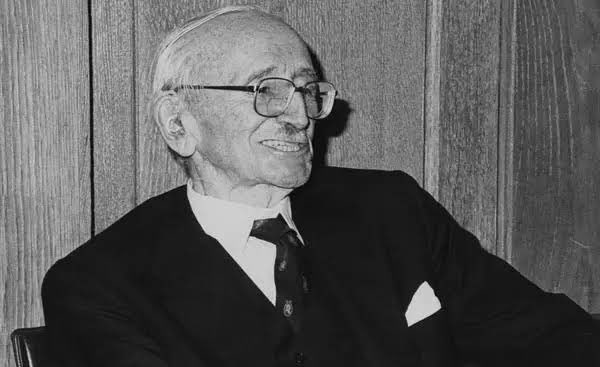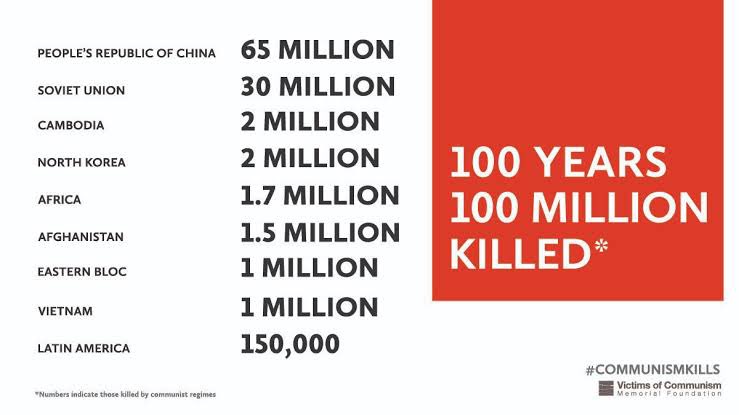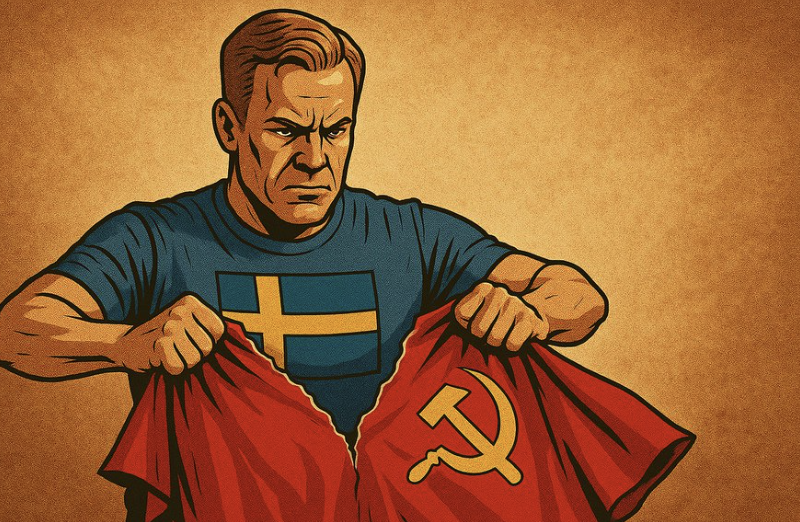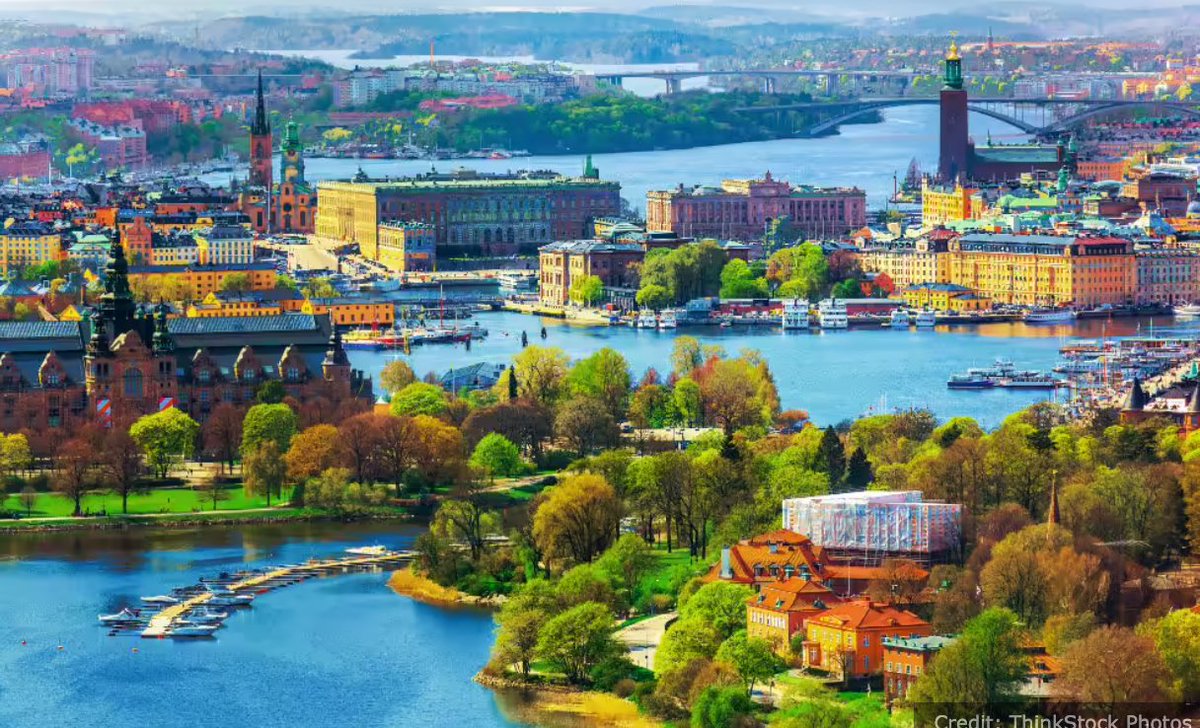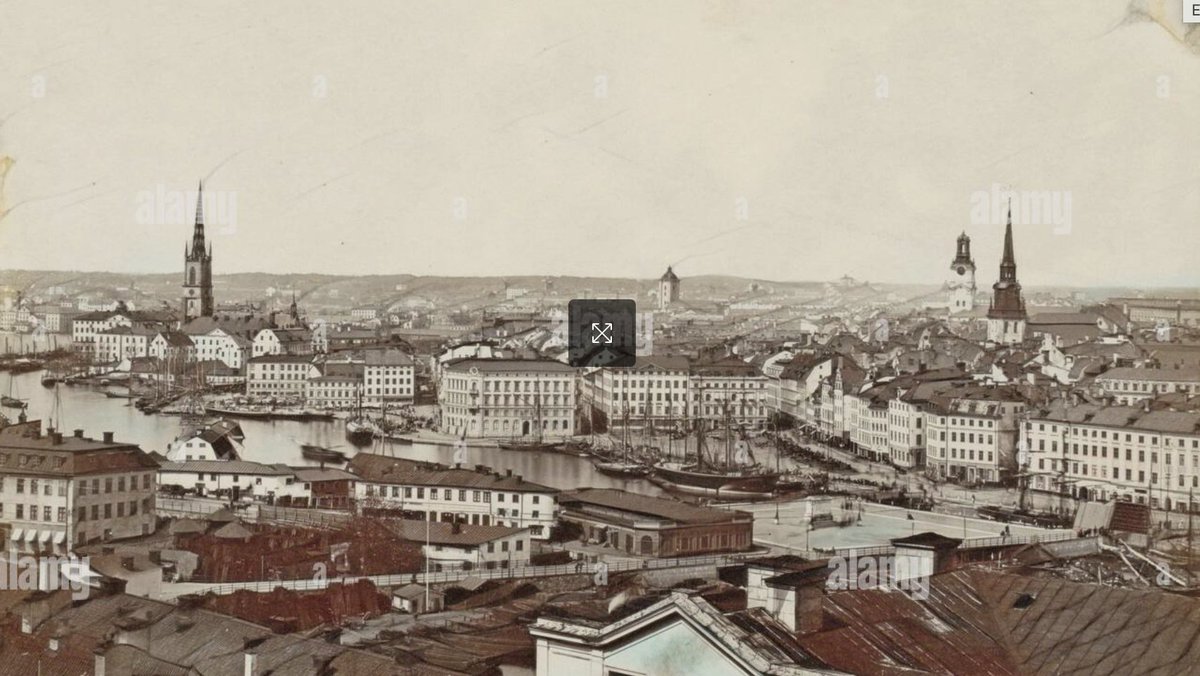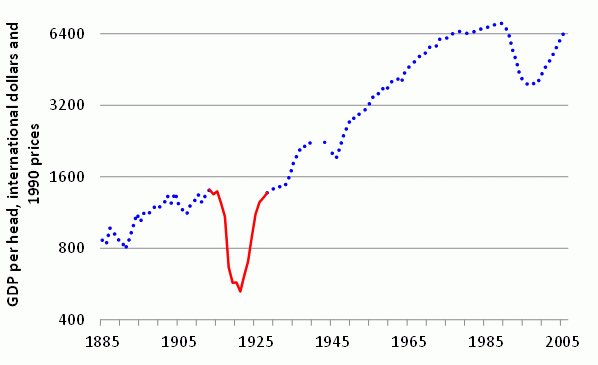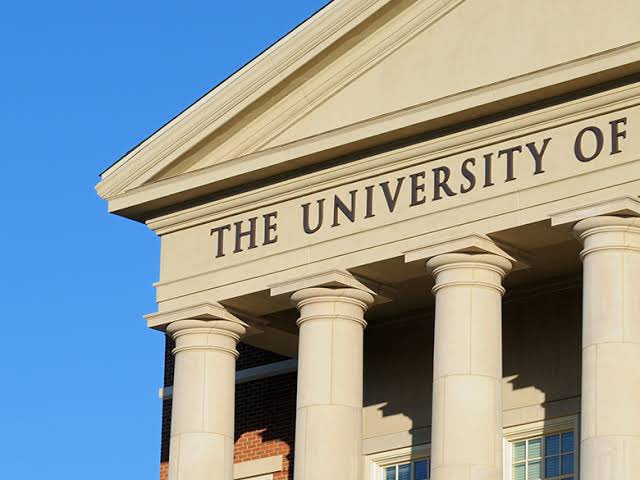Ludwig von Mises warned us 80 years ago: when governments start making individual "deals" with private companies, we're witnessing the transformation from capitalism to something far more dangerous.
The news about Nvidia and AMD giving the U.S. government 15% of chip sales to China? Mises saw this exact pattern coming. 🧵
The news about Nvidia and AMD giving the U.S. government 15% of chip sales to China? Mises saw this exact pattern coming. 🧵

In "Omnipotent Government," Mises identified a dangerous transformation he called "etatism."
Think of it this way: You still "own" your business on paper, but the government tells you what to make, who to hire, what prices to charge, and who you can sell to. You're a manager, not an owner.
Think of it this way: You still "own" your business on paper, but the government tells you what to make, who to hire, what prices to charge, and who you can sell to. You're a manager, not an owner.
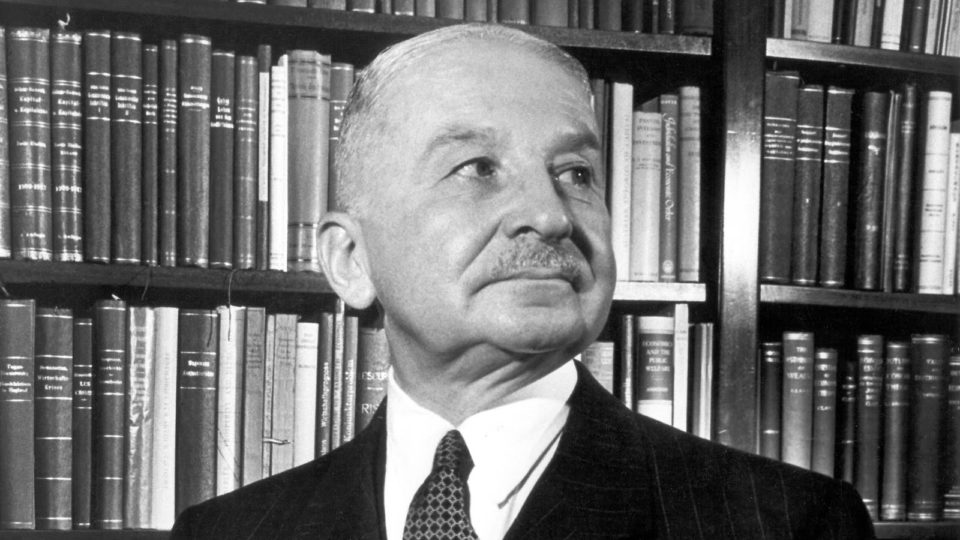
Mises wrote: "The entrepreneur in a capitalist society depends upon the market and upon the consumers. Every entrepreneur must daily justify his social function through subservience to the wants of the consumers."
But when business success requires political deals, everything changes.
But when business success requires political deals, everything changes.
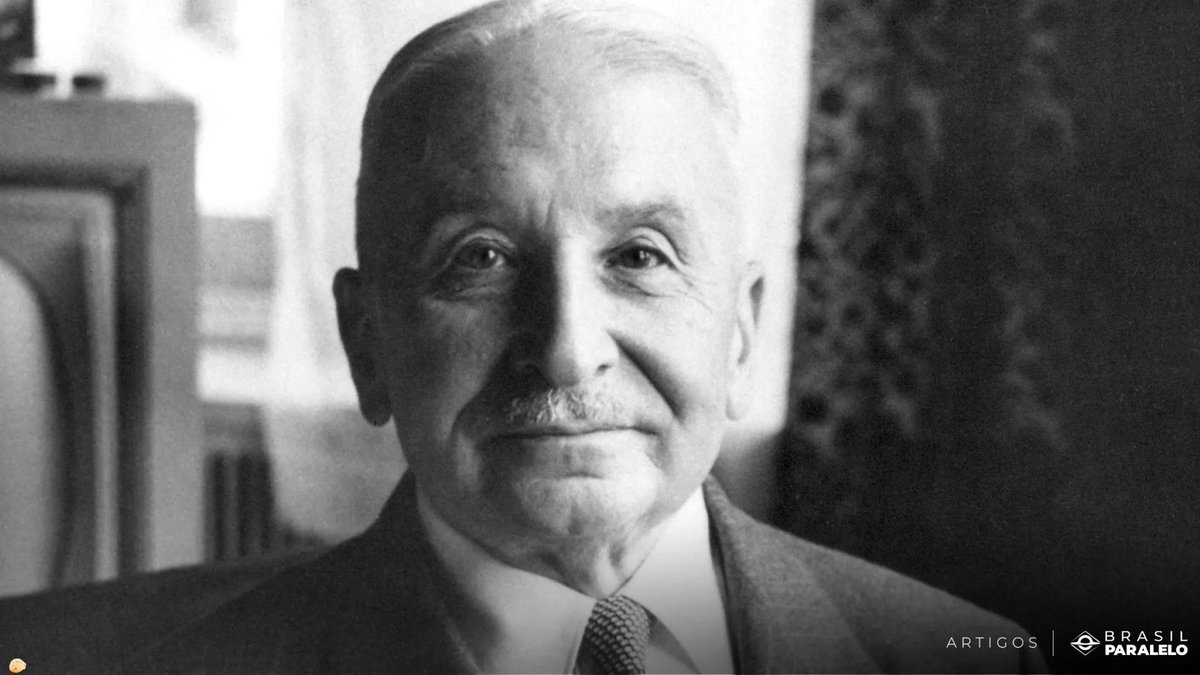
The pattern is accelerating across recent months:
— Apple announced $600B U.S. investment after iPhone tariff threats
— Intel's CEO visiting the White House after public criticism
— Nvidia/AMD now paying 15% revenue cuts for China market access
This isn't capitalism. It's what Mises called "etatism."
— Apple announced $600B U.S. investment after iPhone tariff threats
— Intel's CEO visiting the White House after public criticism
— Nvidia/AMD now paying 15% revenue cuts for China market access
This isn't capitalism. It's what Mises called "etatism."
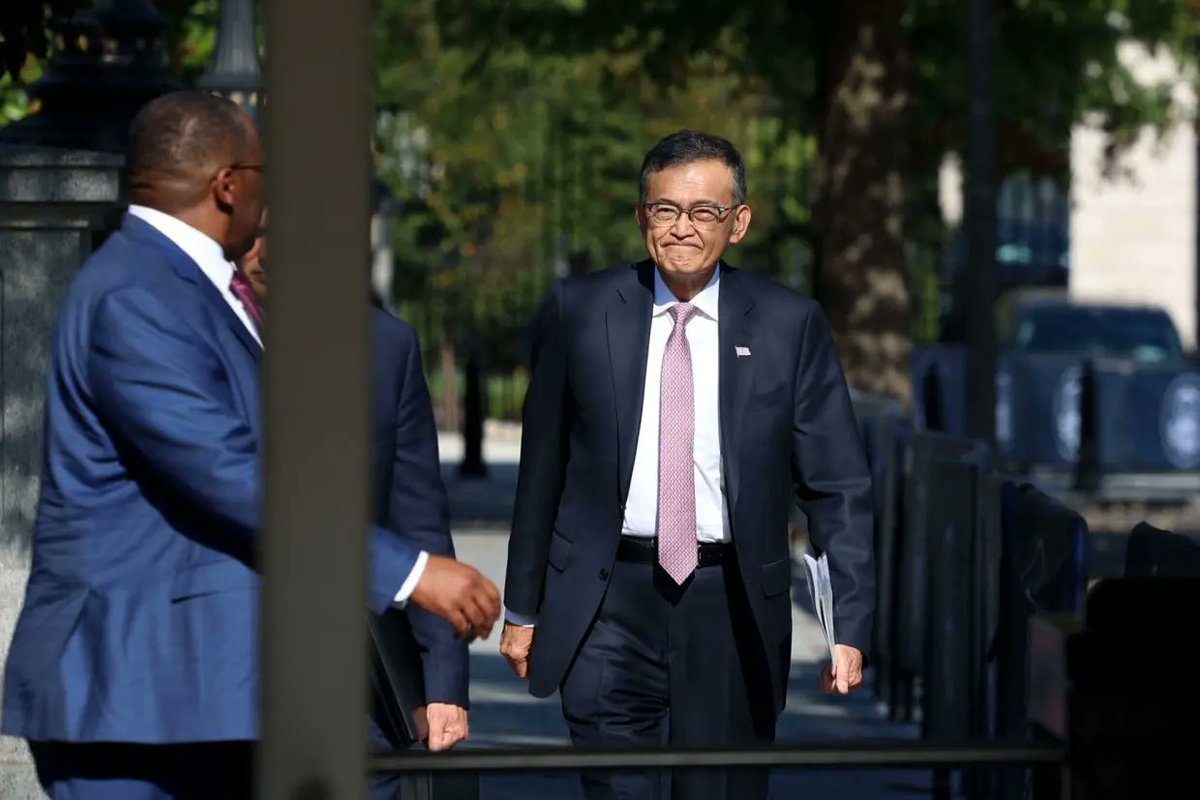
Mises warned that under etatism, "the government, not the consumers, directs production."
When companies must seek political permission rather than consumer approval, we've crossed a dangerous line. Success becomes about relationships with power, not service to people.
When companies must seek political permission rather than consumer approval, we've crossed a dangerous line. Success becomes about relationships with power, not service to people.
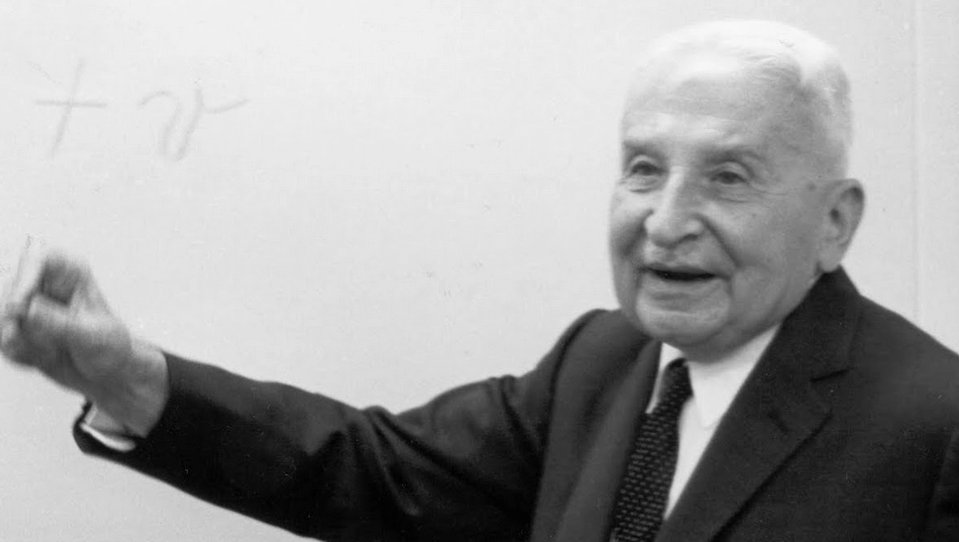
So what's the big deal about these corporate negotiations? Mises saw where this leads.
When Nvidia pays 15% to access China markets, they're not responding to consumer demand. They're buying political permission. This fundamentally changes how businesses operate.
When Nvidia pays 15% to access China markets, they're not responding to consumer demand. They're buying political permission. This fundamentally changes how businesses operate.
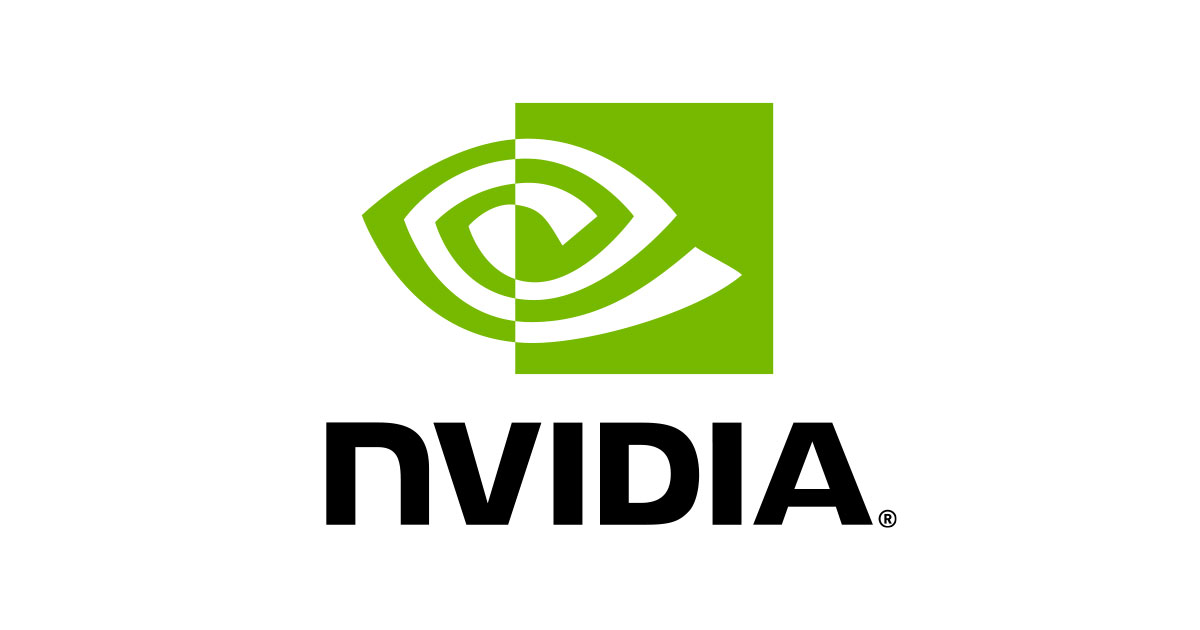
Instead of competing on price, quality, and innovation, companies now compete on political connections. Resources shift from R&D and customer service to lobbying and government relations.
The best politically connected firms win, not the most efficient ones.
The best politically connected firms win, not the most efficient ones.
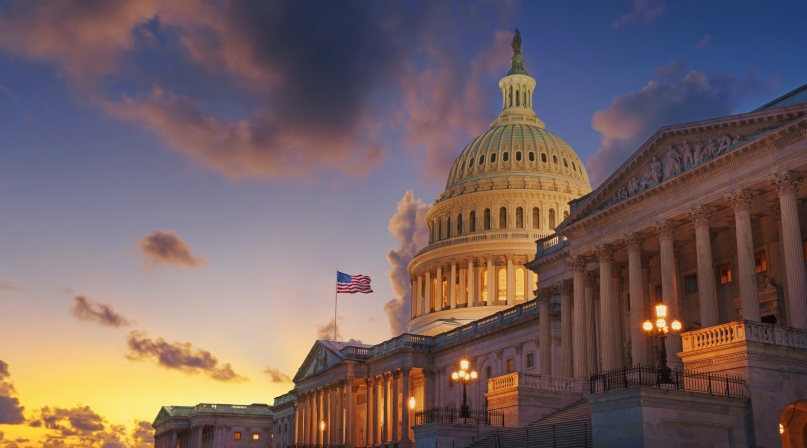
Here's the terrifying part: even if current leaders have good intentions, they're building the infrastructure of control.
Once government has the power to grant or deny market access through individual deals, that power doesn't disappear when leadership changes.
Once government has the power to grant or deny market access through individual deals, that power doesn't disappear when leadership changes.
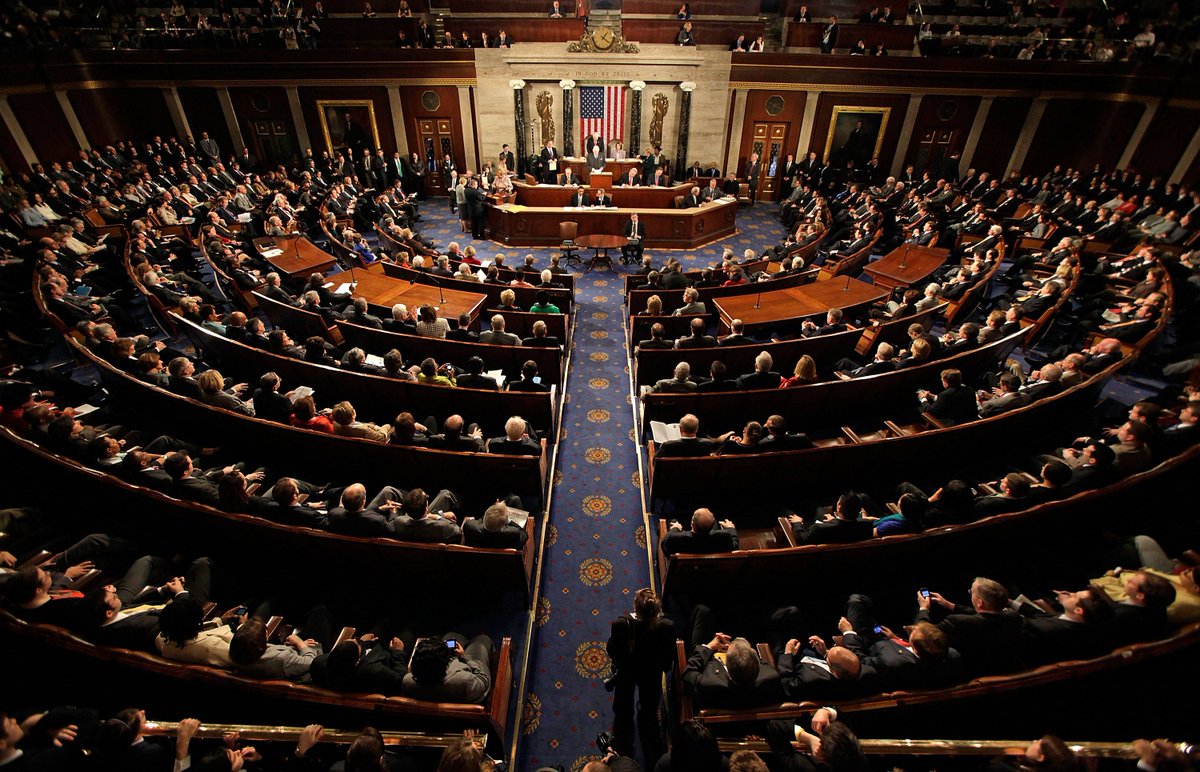
Future authoritarians won't need to seize control—they'll inherit a system where economic power already flows through political channels.
Small businesses can't negotiate these deals. They face full regulations while big corporations get special arrangements. Perfect tools for political control.
Small businesses can't negotiate these deals. They face full regulations while big corporations get special arrangements. Perfect tools for political control.
Mises understood this doesn't happen in one election cycle. It's a slow infection of ideas that spreads across decades until everyone accepts that companies should negotiate with whoever holds power.
Eventually, people forget that businesses once served consumers, not politicians.
Eventually, people forget that businesses once served consumers, not politicians.
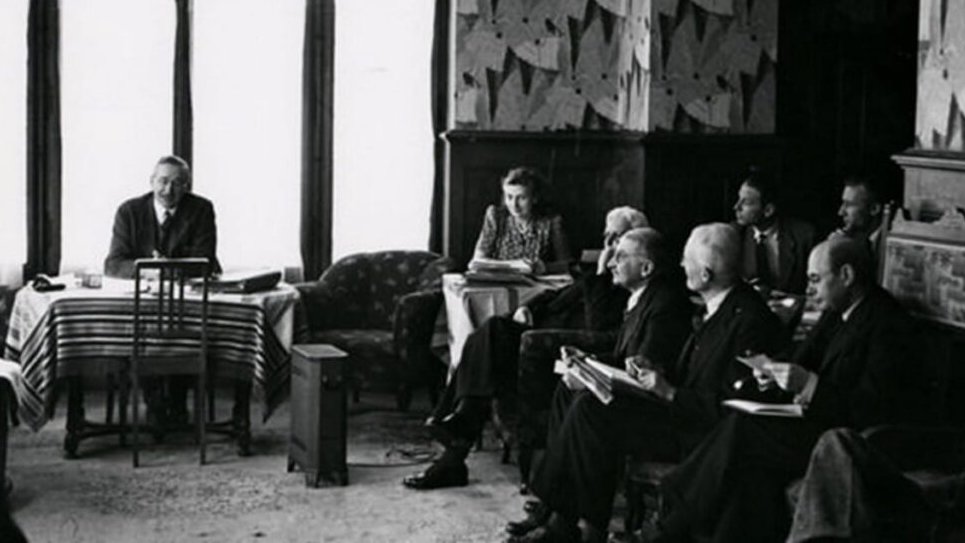
Mises understood that ideas have consequences. Bad economic ideas don't just create poverty—they destroy the institutional foundations of free society.
The battle for freedom starts in the classroom, not the boardroom.
The battle for freedom starts in the classroom, not the boardroom.
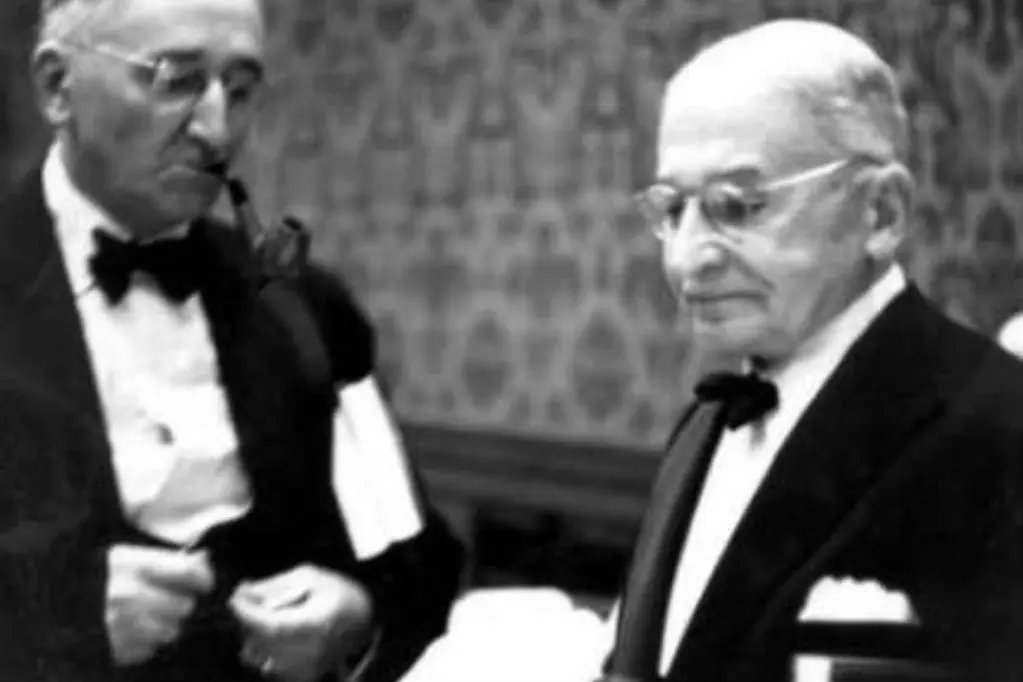
🚨 FINAL WEEK TO APPLY
Want to learn how to recognize and fight these patterns? Students For Liberty trains liberty leaders who understand what Mises saw coming.
Don't just watch it happen. Learn to stop it. Applications close August 16th for our 2025-26 US/Canada program.
Apply now:
Final week. Apply today.join.studentsforliberty.org
Want to learn how to recognize and fight these patterns? Students For Liberty trains liberty leaders who understand what Mises saw coming.
Don't just watch it happen. Learn to stop it. Applications close August 16th for our 2025-26 US/Canada program.
Apply now:
Final week. Apply today.join.studentsforliberty.org

• • •
Missing some Tweet in this thread? You can try to
force a refresh






